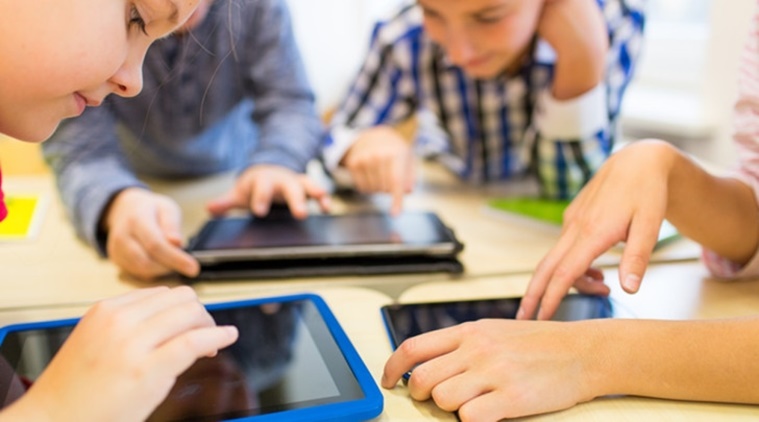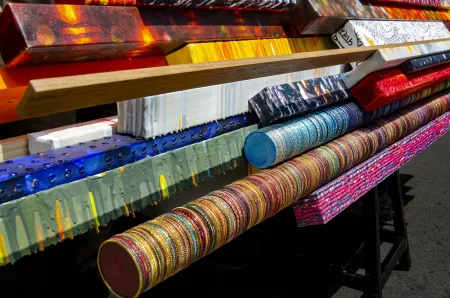- India
- International
Logging in to Learn
Digital education is here to stay
 Massive change occurs only in deep crisis. (Representational Photo)
Massive change occurs only in deep crisis. (Representational Photo)
My daughter’s first day of class 4 was attended facing a phone, where she got a glimpse of her classmates for the first time in a month. The new class teacher introduced herself, gently explaining how the Zoom classes were going to work. The eight-year-olds, excited by the novelty of ‘distance learning’, a term we’re going to be hearing a lot in the coming months, began their introduction to Social Studies with synchronised video instruction. There were question and answer sessions, where instead of raising their hands, they pointed a finger to the camera. Later, when this nightmare is over and sociologists will evaluate the lasting impact the coronavirus had on our lives, education is bound to feature prominently. In a matter of weeks, COVID-19 has changed how students are learning around the world, providing ideas on how schools in India can change in the long term.
A college going teenager I know participates in a long distance class at her university in the US, with a partner, a student from Peru, also facing lockdown. Children in Delhi are doing Bharatanatyam via video links. Before the pandemic this would have sounded like a new-age gimmick but this crisis has pushed everyone to innovate. Maybe there is a good enough alternative to all that time spent commuting to various classes. In countries facing political upheavals like Iran and Nigeria, Google Classroom is the norm, providing reading material and tools to keep children in the loop. In India, while the threat of Corona looms for the rest of the year at the very least, Zoom is the new reality. Parents, teachers and children have to prepare for localised closures randomly, maybe even the possibility of schools not reopening till after October.
Coping with COVID-19 is particularly complicated for any educational institution. We may be in the midst of a 21-day lockdown but it’s not as if on the 22nd day things are going back to what they were. No, children will not magically return to school, until new protocols regarding health and safety are set. No one yet knows what they may be. Even in the normal scheme of things, schools are a den of infection. It’s not uncommon to hear that once one kid gets a flu, the entire class picks it up. Children, the younger ones especially, can’t be trained to socially distance. They share tiffins, travel in buses and gather on playgrounds and for assemblies. In such a peculiar situation, when all the research says that a pandemic can best be controlled by avoiding crowds, the school model has to be completely re-evaluated.
Massive change occurs only in deep crisis. No doubt, COVID-19 has been a huge catalyst in forcing everybody to utilise technology. At the same time, it exposes the deep divide between who has bandwidth and who doesn’t. Kids with parents who are digitally savvy have a huge advantage over those who don’t. Also, while it is something to marvel at, that my daughter was in a remote village in Garhwal and having a Math lesson interacting with her friends and teachers, this is hardly ideal. Small children don’t have the concentration to sit in front of a computer for long periods. They need teacher supervision in real time. Let us not underestimate the value of slyly passing notes to friends. When I look back fondly at my school days, it’s not the lessons I remember. School is about the relationships you make and the life skills you pick up by interacting with kids from different backgrounds. Classes may have transitioned online, a welcome innovation in the short term, but the rich day-to-day experience of school — in recess — is where a lot of learning also happens.
hutkayfilms@gmail.com
Must Read
Apr 23: Latest News
- 01
- 02
- 03
- 04
- 05


































